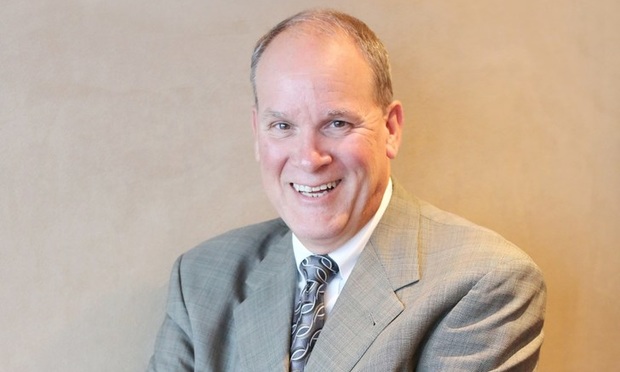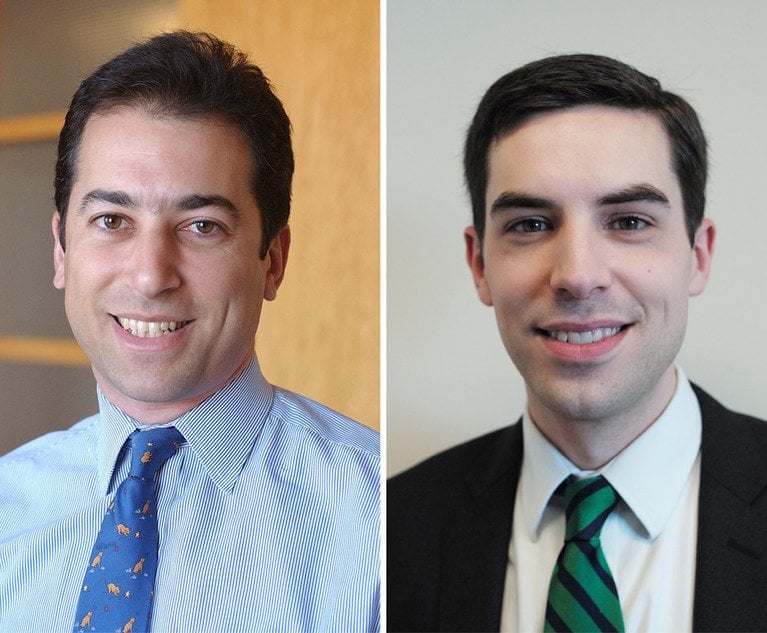Recently, I had the opportunity to participate as a panelist in a plenary discussion at the annual meeting of the American Bar Association’s Forum on Franchising. Joining me on the virtual stage were two outside franchise lawyers (one transactional and one primarily a litigator), the general counsel of a privately held company primarily in the fitness industry, and the general counsel of a publicly held company primarily in the QSR business. The moderator challenged us to discuss what we thought had worked in franchising during the past seven months, what had not worked and what lessons we might learn going forward. It was a dynamic conversation, and I would like to spend a few minutes sharing with you some of the interesting concurrences and differences we had as a panel.
As for what worked, it was unanimously agreed that the franchise systems that are surviving during this difficult time are those having grasped what franchisees need most—communication and leadership. While we all agreed there are franchisees who have needed financial help (help that has typically come in the form of deferred, but not forgiven, royalties; help in negotiations with landlords for deferred or abated rent; and reaching agreeable terms with key suppliers), what has turned out to be far more important is the need for franchisees to feel their franchisors are working to understand what is happening, adjusting the business models to accommodate those changes, and, above all else, communicating regularly and frequently with franchisees. This communication should not only be about what franchisors are doing, but why, and what franchisors see coming in the future. It was noted that the uncertainty everyone is facing makes it far more difficult to function, and giving franchisees some certainty about what can be expected in their relationship with their franchisors through the pandemic has been the most valuable and calming attribute for many franchisees.


 Ronald K. Gardner
Ronald K. Gardner




